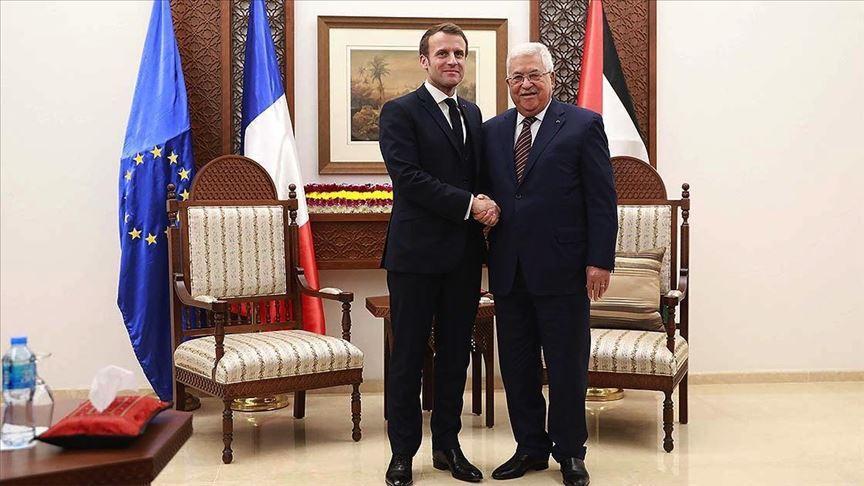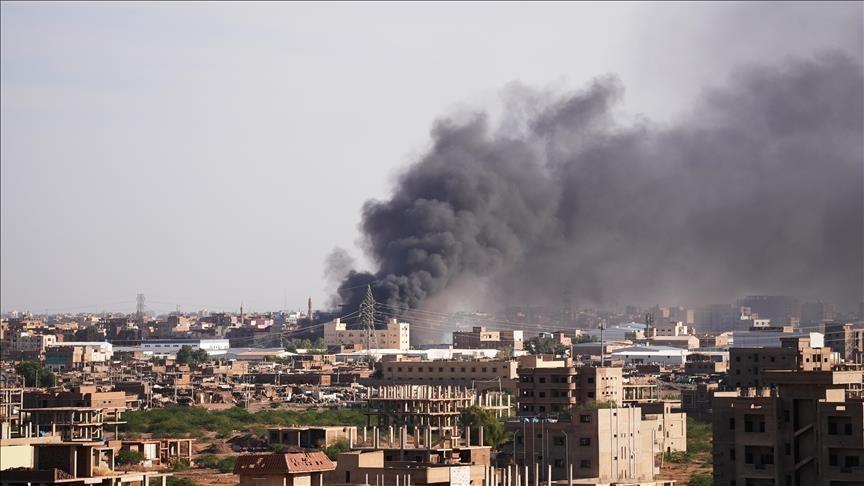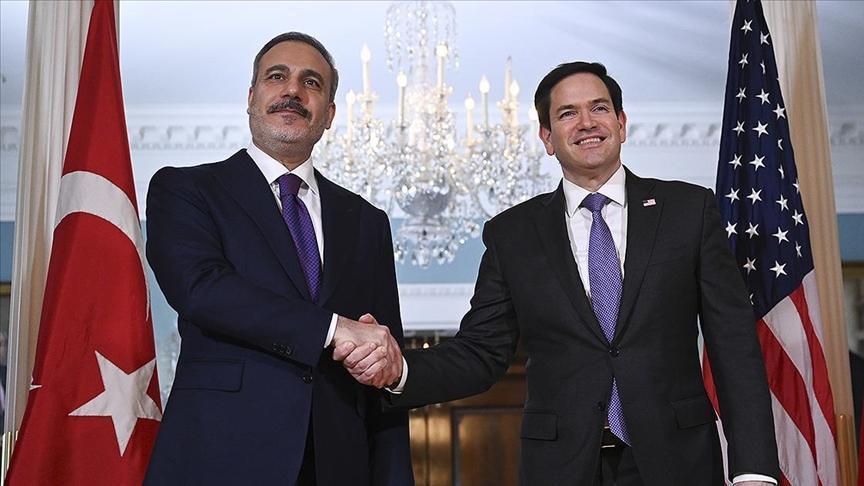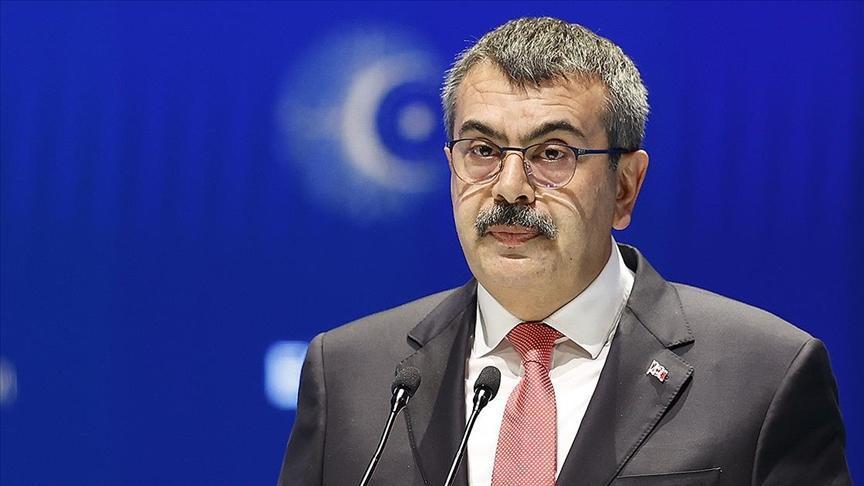EU implementation report claims drop in refugee flow
ISTANBUL - Doğan News Agency
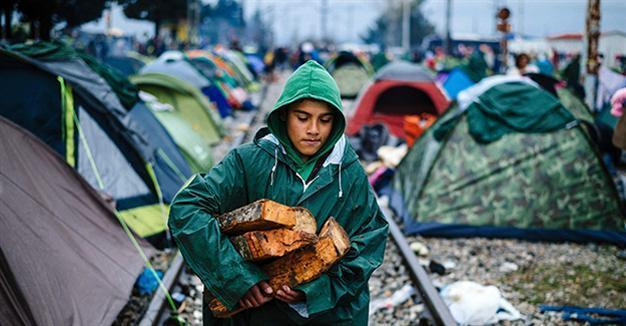
A boy carries firewood under the rain on March 10, 2016, in a makeshift camp at the Greek-Macedonian border, near the Greek village of Idomeni, where thousands of refugees and migrants are stranded by the Balkan border blockade. AFP Photo
An implementation report on the EU-Turkey joint action plan seeking to tackle the growing refugee flows into Europe has highlighted that the number of arrivals decreased from more than 200,000 to less than 100,000 from October 2015 to January this year, thanks to the commitment of both sides.The European Commission released on Feb. 10 its implementation report regarding the EU-Turkey Joint Action Plan, activated on Nov. 20, 2015.
The report, published by the monthly magazine of Turkey’s Economic Development Foundation (IKV), also recognized the progress achieved in Turkey’s commitment to the alignment of Turkish and EU visa policy as well as to “ensure that migrants are properly registered and provided with the appropriate documents on a compulsory basis.”
Efforts to facilitate access to public services
“Turkey pursued its efforts in further facilitating the access of Syrian nationals in Turkey under temporary protection to public services such as education, health and employment,” the report added, highlighting cooperation with neighboring countries Bulgaria and Greece.
The commission also noted, “Turkey has accelerated its work towards the implementation of the visa liberalization roadmap, including the Turkey-EU readmission agreement, which is expected to enter into force for third country nationals as of June 1.”
Accordingly, the commission’s report commended Turkey’s efforts to “prevent irregular departures as well as drafting legislation on personal data protection in order to facilitate further cooperation with Frontex, Europol and Eurojust” and other agencies.
Cooperation needed for exchange of information
The commission underlined that the EU has vowed to increase its financial assistance to support Turkey “in meeting the criteria of the visa liberalization roadmap.”
The EU has also vowed to mobilize new sources of funding aimed at helping Turkey cope with the humanitarian crisis for Syrian nationals under temporary protection, the report reiterated.
“The cooperation should be enhanced between the parties in terms of exchange of information in order to effectively combat smuggling networks,” urged the commission, according to the report.
“A 3-billion-euro facility for refugees has been tabled and adopted and that work has been further undertaken towards the full activation of the Turkey-EU readmission agreement regarding third country nationals as of June 1,” the report announced.
According to the report, “a recommendation for a voluntary humanitarian admission scheme” with Turkey will be adopted for persons displaced by the conflict in Syria.
A table also showed the contributions of EU member states, with Germany, the United Kingdom, France, Italy and Spain as the largest contributing countries.



